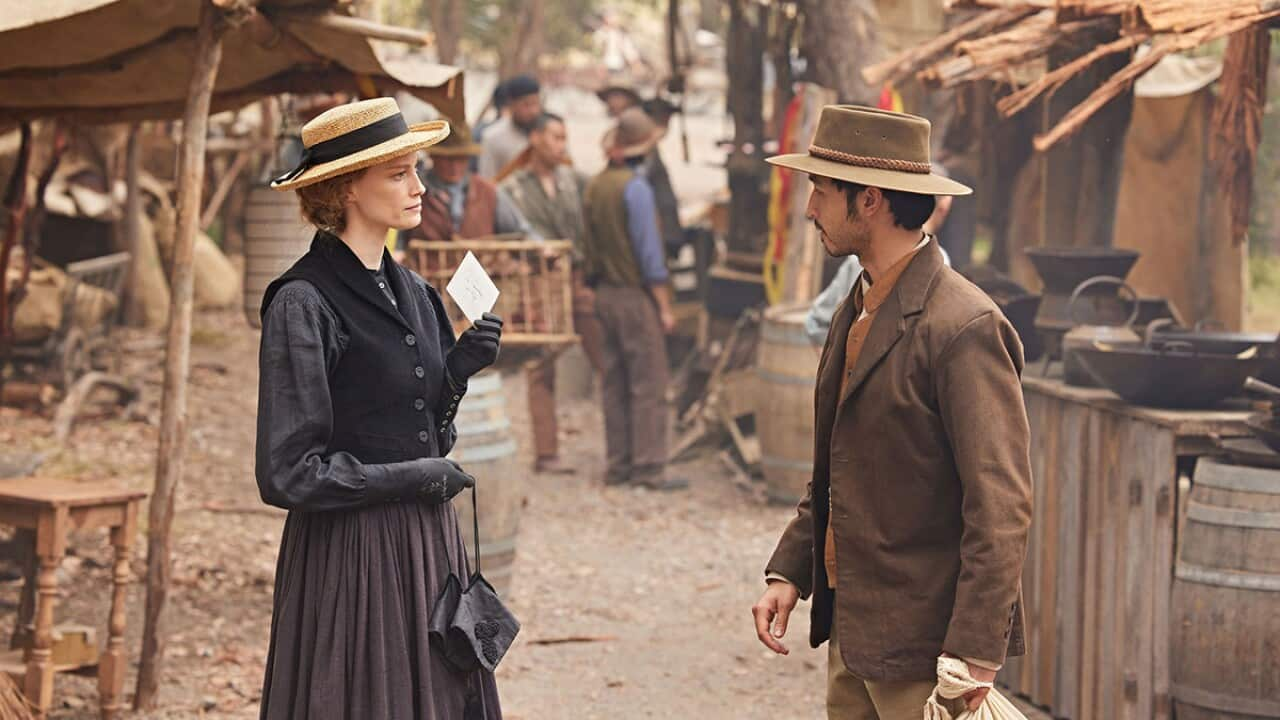Australia’s first and only female Prime Minister, Julia Gillard made this nation uncomfortable. Her leadership was like a magnet to the sharpened nails of misogyny lurking in the public and private sector, media and in everyday households. As Australia’s 27th Prime Minister between 2010 and 2013, Gillard weathered brutish behaviour by parliamentary colleagues, but it was the patronising behaviour of some segments of the media that lingers in the memories of some who had hoped for a pivot in the way Australia values women.
The comments Gillard had weathered prior to running the nation might have adequately readied her, though, and they were not solely from men. In December 2006, Anita Quigley wrote in the Daily Telegraph: “On what should have been one of the proudest days of Gillard’s political career, she bungled it with a less than flattering haircut and a frumpy ’80s tapestry print jacket… Get yourself a stylist your own age.”
In May 2007, Senator Bill Heffernan told The Bulletin, “I mean anyone who chooses to remain deliberately barren… they’ve got no idea what life’s about.”
In The Australian in 2010, the deliberately provocative Janet Albrechtsen wrote: “She has showcased a bare home and an empty kitchen as badges of honour and commitment to her career. She has never had to make room for the frustrating demands and magnificent responsibilities of caring for little babies, picking up sick children from school, raising teenagers. Not to mention the needs of a husband or partner.” Whatever the (irrelevant) state of her kitchen, Gillard’s post-Prime Ministerial accomplishments are a beacon to current and aspiring women in politics. Rather than lurking on the sidelines of Australian politics as an armchair commentator, like so many of our past male PMs (Turnbull, Rudd, Latham and Keating are the most prominent critics), Gillard retired gracefully and took up consulting and ambassadorial roles with organisations that aligned with her values of women’s and girls’ rights, education, mental health and leadership.
Whatever the (irrelevant) state of her kitchen, Gillard’s post-Prime Ministerial accomplishments are a beacon to current and aspiring women in politics. Rather than lurking on the sidelines of Australian politics as an armchair commentator, like so many of our past male PMs (Turnbull, Rudd, Latham and Keating are the most prominent critics), Gillard retired gracefully and took up consulting and ambassadorial roles with organisations that aligned with her values of women’s and girls’ rights, education, mental health and leadership.

Julia Gillard in parliament. Source: SBS
Gillard’s 2012 speech, in which she lambasted “sexism and misogyny”, made waves internationally. She pursued the same sophisticated, but sharply pointed, approach in her retirement speech, in which she encouraged the public to question her media portrayal and whether she was subject to harsher judgement and higher expectations than her male colleagues. “What I am absolutely confident of, is it will be easier for the next woman and the woman after that, and the woman after that. And I’m proud of that.”
Ahead of Strong Female Lead, the new documentary exploring gender politics and Julia Gillard’s term as PM, we asked some of Australia’s current female MPs what the legacy of Gillard’s Prime Ministership meant for them personally and how that has reflected on their own sense of power and potential. Did her treatment scare them into being quiet, or did her post-PM role with the UN inspire them to see opportunities beyond parliament? Fiona Patten was elected to parliament at the end of 2014 as a member of what was then called the Sex Party. The name change to the Reason Party took place in 2016.
Fiona Patten was elected to parliament at the end of 2014 as a member of what was then called the Sex Party. The name change to the Reason Party took place in 2016.

Prime Minister Julia Gillard with Governor-General Quentin Bryce during both women’s terms of office. Source: SBS
“There’s times when I was in the same room as [Gillard], which was always awe-inspiring,” Patten recalls.
Of the media attention Gillard was subjected to, Patten says, “It was absolutely predictable, though it was incredibly disappointing. That was a good 10 years ago, and I’m not sure it’s changed [for women]… I think she opened that floodgate. She helped us say, ‘we actually can stand up and say this is not acceptable’. She stood up and said ‘no, we have to address that’… I think the media has become a lot more cautious and a lot better in how they report on female MPs.”
Patten continues: “I’ve been relatively effective in making changes… mainly by negotiating and working with others, by being practical. I think this is what Julia brought to the table as well. When she was negotiating with the cross bench, she would negotiate with us… she was able to affect change. It may not have been 100 per cent what she wanted initially, but she got legislative reform through at a greater rate than just about anyone ever has. That’s one of the real skills that women bring to the table, I feel.”
Greens Senator for Queensland Larissa Waters was elected in 2010 and began her Senate term in July 2011.
“I was campaigning to be elected with a one-year-old in tow when Julia Gillard became Prime Minister,” she recalls. “I only met her personally a few times and found her warm, funny and self-deprecating. As a politician it’s clear she was whip smart and didn’t suffer fools – or sexists – and had an enormous amount of resilience to put up with the crap thrown at her.”
In Waters’ opinion, not much has changed in terms of attitudes within parliament and in the media’s treatment of women.
“Women in politics are still stereotyped and still taken less seriously by men,” she says. “We’re still regularly talked over, ignored, ridiculed and dismissed by men. The Canberra boys’ club is alive and well and sadly I’ve seen it get worse not better in my decade of being a parliamentarian.”
Waters continues: “I know for a fact that as much crap that privileged and relatively powerful women like me have to face, it is infinitely worse for women of colour, First Nations women and disabled women.” Independent MP Zali Steggall OAM has been serving the seat of Warringah since 2019. For her, the lack of sideline commentary from Gillard following her retirement from politics has been elemental in a “dignified transition”.
Independent MP Zali Steggall OAM has been serving the seat of Warringah since 2019. For her, the lack of sideline commentary from Gillard following her retirement from politics has been elemental in a “dignified transition”.

A strong female lead, Julia Gillard. Source: SBS
In terms of the treatment of Julia Gillard and Julie Bishop, Steggall is suitably unimpressed. “What I saw in both instances is, despite [parties’] talk about merit, we’re talking two highly qualified women getting short-changed, not getting the respect they deserved. Their treatment was misogynistic, sexist, and completely lacked the respect that should have been displayed.”
Steggall is sanguine though, recognising that Gillard’s Prime Ministership was the ultimate pioneering act, proving that the path is there for women who aspire to it.
“I think her becoming PM brought about change,” says Steggall. “She was the first. The role will always be that much harder for the first to hold it.”
Steggall isn’t intending on running for the job anytime soon (“As an Independent, being PM isn’t something I’m planning or looking at. For me, it’s about the jobs that need to be done.”)
Beyond Gillard’s legacy for Australian politics, her leadership had repercussions globally.
“On the world stage, what is required is a level of strength to gain respect, but respect can also be gained by showing a level of humility, willingness to collaborate and that deft touch hasn’t always been shown. Julia Gillard was very good in that sense. Bishop did a good job as well, as foreign minister. More often than not, women have a more diplomatic touch and diplomacy is the most important role you can have as leader of a country… I do believe respect has to be earned, respect isn’t owed.”
Strong Female Lead airs on SBS at 8.30pm on Sunday 12 September, as part of SBS’s documentary series. Strong Female Lead will also be streaming at SBS On Demand after going to air. Watch the trailer now:
See what other documentaries are coming up in Australia Uncovered:
Follow the author












